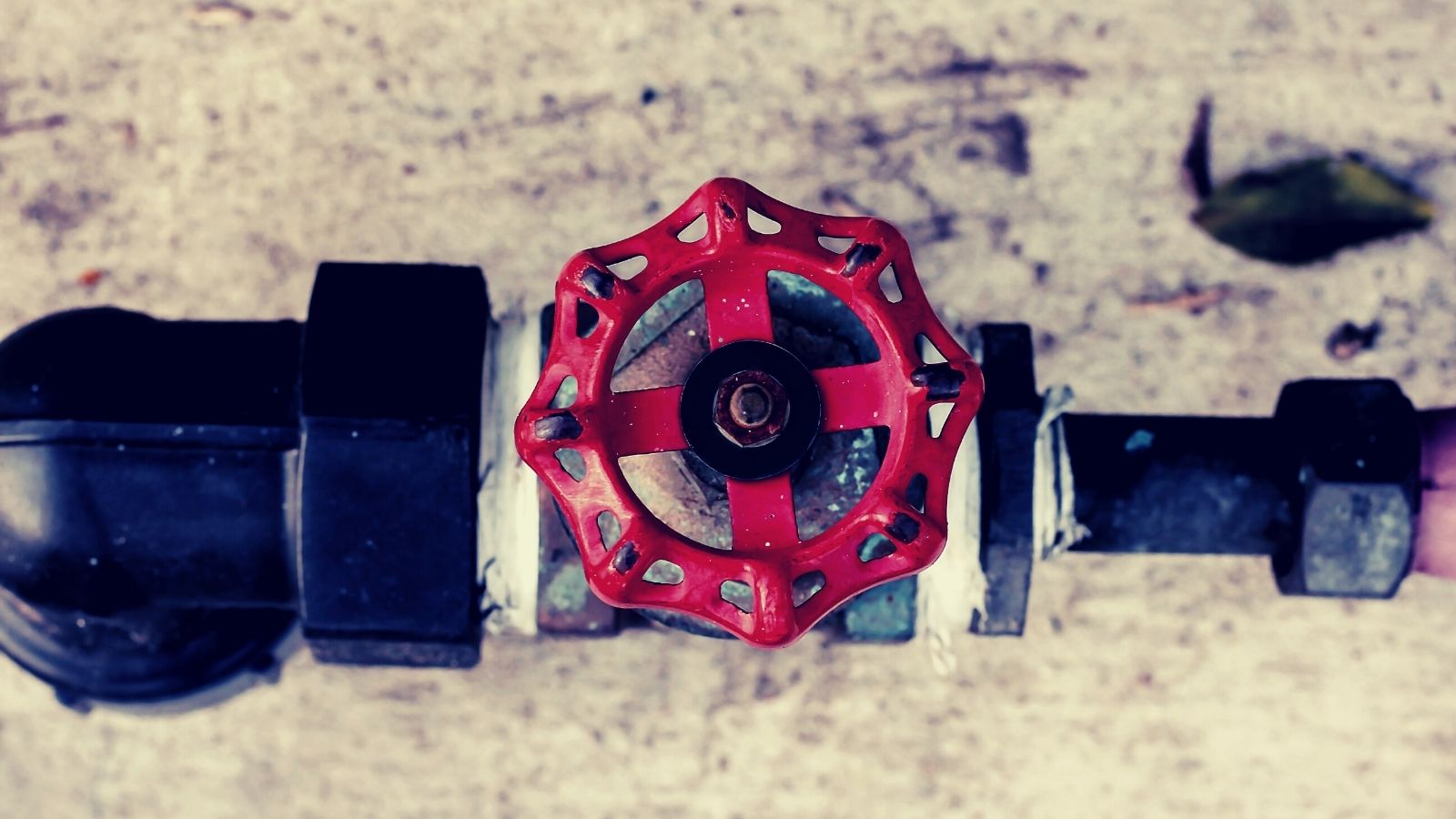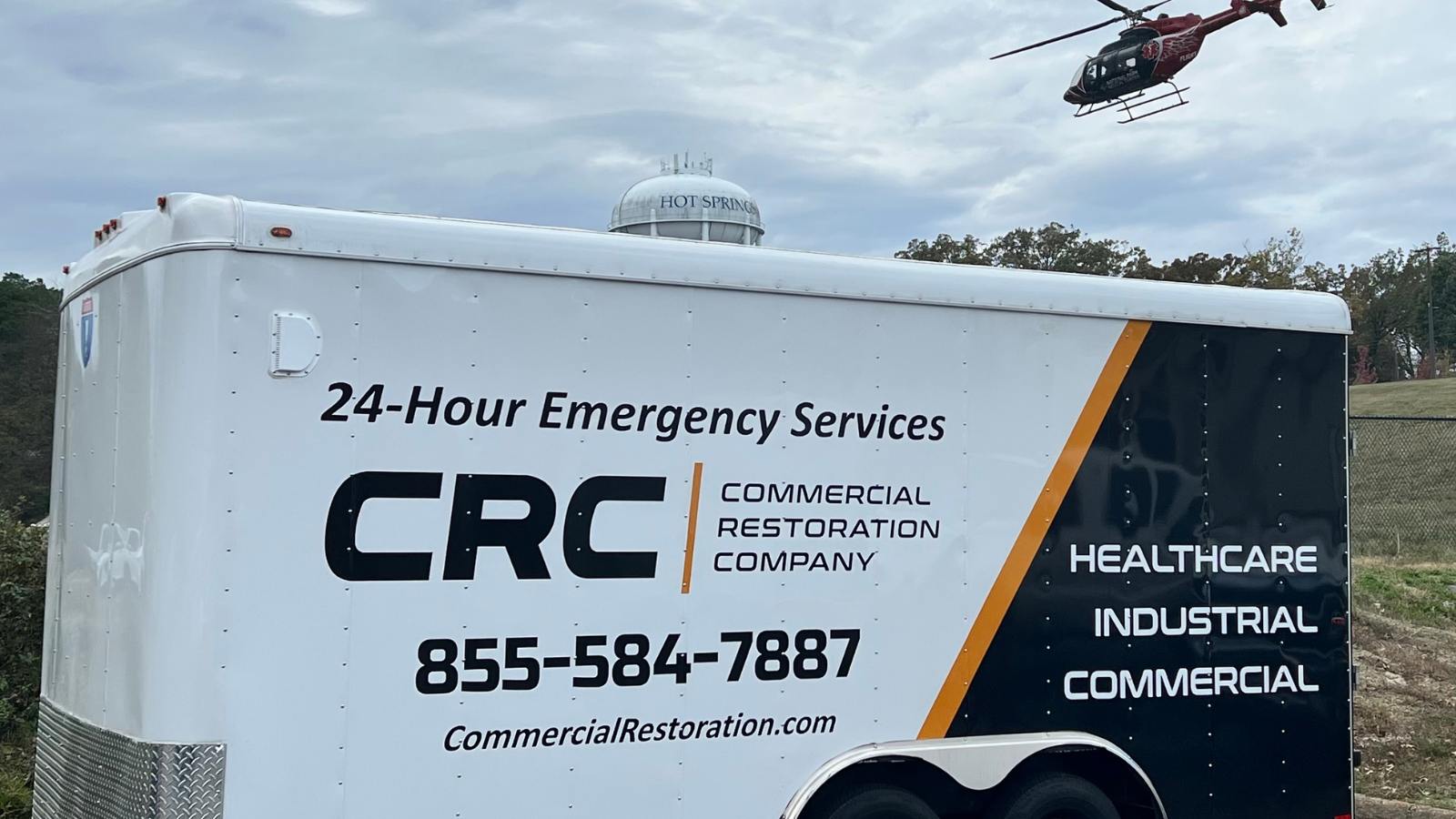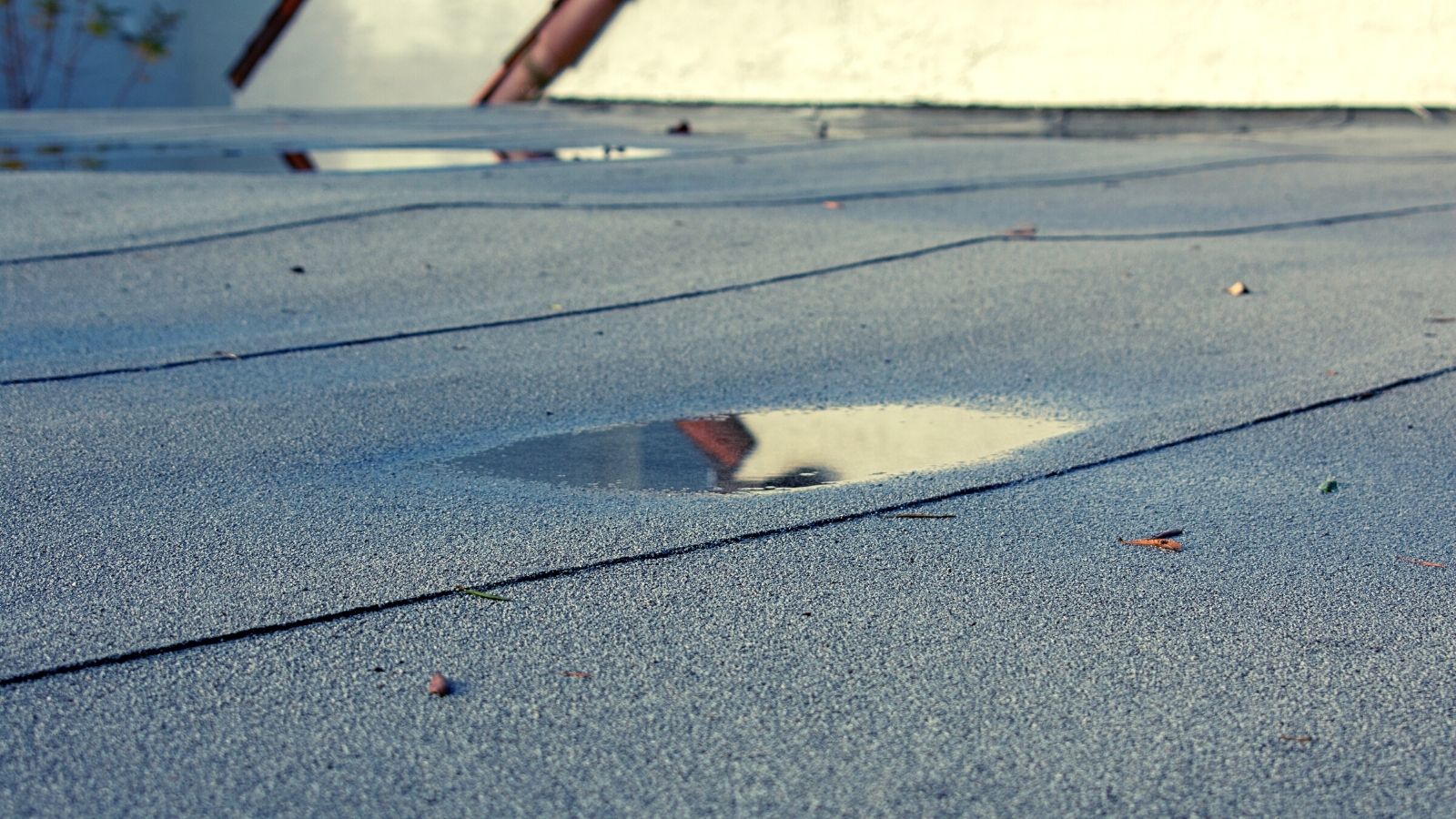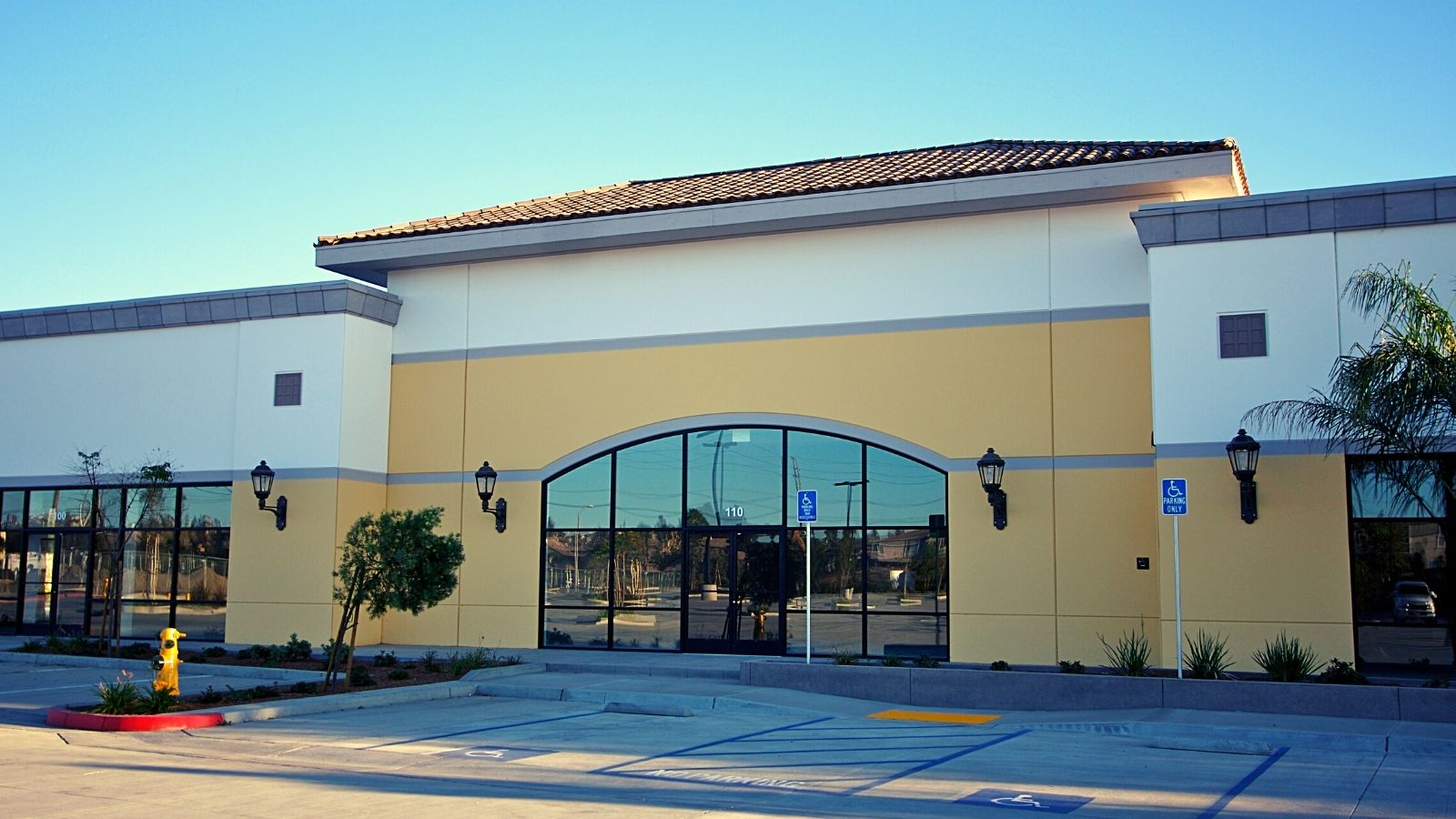Why Choose IICRC Certified Professionals for Water Damage Restoration
Water damage can wreak havoc on your building or business. From floods to burst pipes, the aftermath requires thorough cleanup and restoration. It's...
2 min read
Sarah Chadwick
February 10, 2022

When it comes to plumbing emergencies, time is of the essence. A burst pipe or a malfunctioning valve can quickly lead to extensive water damage, causing significant financial losses and disruption. Surprisingly, many people are unaware of how to shut off the water supply or where the shut-off valve is located in their homes or buildings. This lack of knowledge can exacerbate the situation and result in even more damage. It is crucial to educate ourselves and have a plan in place to minimize the impact of plumbing emergencies.
Consider the following scenario described by Chubb, a renowned insurance company. In a high-rise office building, a failed valve caused water to flow freely for over an hour, leading to substantial damage across 16 floors. The consequences of such a situation are both financially and operationally devastating. However, if someone had been able to shut off the water within 10 minutes, the damage could have been significantly reduced.
To prevent such disasters and mitigate potential water damage, it is essential to incorporate the following steps into your disaster response plans:
Create a comprehensive map of your property or complex: Start by mapping out the entire premises, marking the locations of all zonal shut-off control valves. This map will serve as a valuable resource during emergencies, allowing employees or designated individuals to quickly identify the shut-off points.
Designate employees with shut-off authority: Select several employees or individuals responsible for shutting off the water valves in case of emergencies. Clearly define what this authority entails and ensure that these individuals understand the importance of their role. They should be trained to handle the task efficiently and confidently.
Provide employees with the necessary information and tools: Furnish the employees with shut-off authority with a copy of the property map, clearly highlighting the location of each shut-off valve. Make sure they are familiar with the map and understand how to read it effectively. Additionally, provide them with any necessary tools or equipment required to shut off the water safely, such as wrenches or shut-off keys.
By implementing these measures, you can significantly reduce the potential damage caused by plumbing emergencies. The ability to swiftly shut off the water supply during such incidents is paramount. Remember, time is of the essence, and every minute counts.
In a trends analysis published by Chubb in 2020, it was observed that four industries experienced a significant increase in interior water damage claims. These industries are:
Hospitality: Hotels, resorts, and other hospitality establishments are particularly vulnerable to plumbing emergencies due to the extensive water networks they possess. From burst pipes to faulty plumbing fixtures, the potential for water damage in this sector is high.
Health Services: Hospitals, clinics, and other healthcare facilities are critical when it comes to patient care. Water damage in these environments can disrupt operations, compromise medical equipment, and pose a risk to patient safety. It is crucial for these establishments to have robust emergency response plans in place.
Multifamily: Apartments and condominium complexes are home to numerous residents, making water damage incidents highly disruptive and costly. Swift action and clear communication are essential to minimize the impact on residents and mitigate property damage.
Commercial Real Estate: Office buildings, retail spaces, and commercial complexes often house valuable assets and sensitive equipment. Water damage can lead to significant financial losses, structural damage, and business interruptions. Having a well-prepared emergency response plan is crucial in safeguarding these properties.
Plumbing emergencies can strike at any time, and their consequences can be severe. By taking proactive measures to educate employees and ensure they know how to shut off the water in case of emergencies, property owners and managers can greatly reduce the potential damage caused by these incidents. Remember, preparation is key when it comes to mitigating the impact of plumbing emergencies and safeguarding your property.

Water damage can wreak havoc on your building or business. From floods to burst pipes, the aftermath requires thorough cleanup and restoration. It's...

Water damage is a significant concern for commercial buildings, and one of the leading causes of such damage is roof leaks. According to Chubb claims...

Water damage is a significant concern for any property owner or manager. It can lead to costly repairs, structural damage, and health hazards if left...